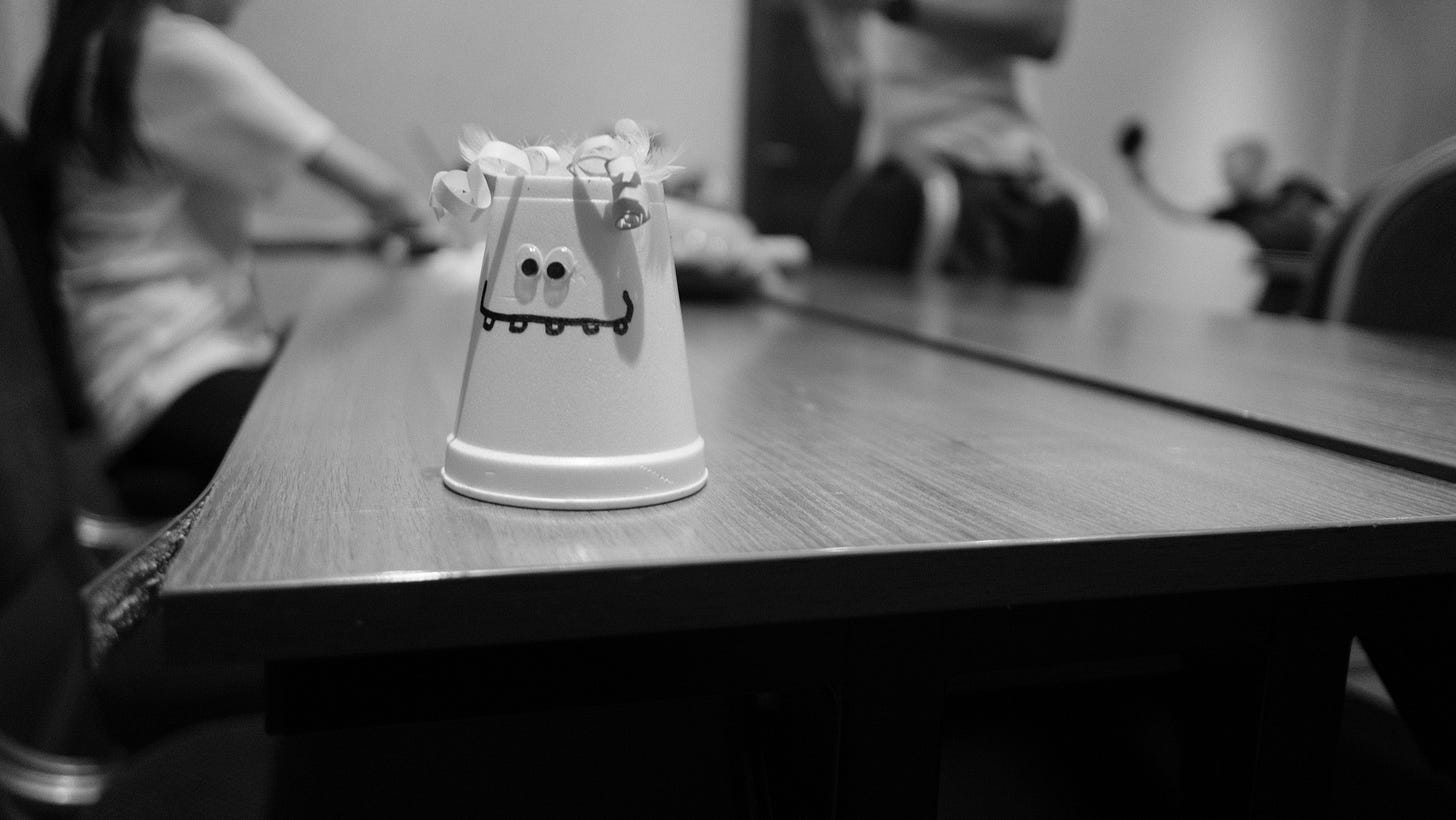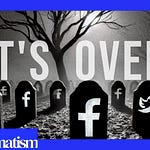Frustration
I've been observing a fascinating shift in consumer behavior, and I'm convinced 2025 will be a turning point. The days when companies could win customers through competitive pricing or feature bloat are numbered. I'm seeing a new criterion emerging that will reshape our entire digital landscape: user experience.
Let me be clear - this isn't just another tech prediction. I'm witnessing real-world examples of companies facing severe consequences for neglecting UX. The recent Sonos situation, where a poorly designed app update led to the CEO's departure, is just the beginning.
Think about your own daily interactions with technology. How many times have you felt frustrated by a complicated banking app or an unintuitive interface?
Simplicity
I'm noticing that users are increasingly willing to pay more for services that simply work better. It's not about having hundreds of features anymore - it's about having the right features that are easily accessible.
When I look at successful companies today, I see them struggling to compete on price or features alone. Why? Because they've reached a plateau where these traditional differentiators no longer provide significant advantages.
The market is shifting towards valuing simplicity over complexity, and I'm convinced this trend will accelerate in 2025.
Self-Service
I'm particularly excited about the rise of self-service demanded by customers. Gone are the days of endless email chains with customer support to get basic information. Users want - and demand - the ability to find and manage everything themselves.
This shift isn't just about convenience; it's about empowerment. I'm seeing companies that embrace this philosophy gaining significant market share (e.g. the accounting apps for small-businesses and for solopreneurs), while those clinging to outdated, complex processes are losing ground.
Make it simple, or watch your users leave.
The CEO gets fired
I can't stress enough how this will affect businesses across all sectors. From financial services to entertainment platforms, companies that fail to prioritize UX will face real, tangible consequences.
Remember the Sonos example - one poor UX decision can have devastating effects on your business, including firing the CEO. I'm predicting we'll see more executives held accountable for UX failures in 2025.
This isn't just about aesthetics or minor inconveniences anymore. It's about survival in a market where user experience is the ultimate differentiator.
What next?
Take a hard look at your digital products and services. Are they truly user-friendly? The future belongs to those who make technology work for people, not the other way around.














Share this post